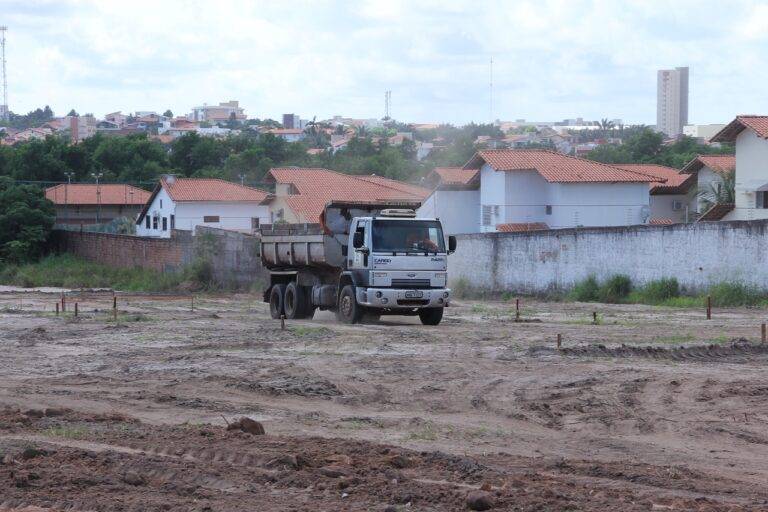Mindful Recycling Education: Teaching Children the Importance of Reducing, Reusing, and Recycling
Recycling is crucial for preserving our environment and reducing the strain on natural resources. By recycling materials like paper, plastic, and glass, we can help conserve energy, reduce greenhouse gas emissions, and minimize the need for raw materials extraction. This process not only reduces waste in landfills but also lessens the impact of production and disposal on our ecosystems and climate.
Furthermore, recycling plays a key role in promoting sustainability and circular economy principles. It allows us to give new life to old objects, creating a closed-loop system that minimizes waste and encourages responsible consumption. By incorporating recycling into our daily habits, we can contribute to the protection of our planet for future generations and work towards a more environmentally-conscious society.
• Recycling helps conserve energy and reduce greenhouse gas emissions
• It minimizes the need for raw materials extraction
• Reduces waste in landfills and lessens the impact of production on ecosystems
• Promotes sustainability and circular economy principles
• Creates a closed-loop system that minimizes waste and encourages responsible consumption
Ways to Teach Children about the Benefits of Reducing Waste
Teaching children about the benefits of reducing waste is crucial in fostering a sense of environmental responsibility from a young age. One effective way to engage kids in this topic is by involving them in hands-on activities that demonstrate the impact of waste on the environment. For example, organizing a waste sorting game where children have to correctly dispose of different items into the appropriate bins can help them understand the importance of recycling and reducing waste.
Additionally, incorporating discussions about the concept of sustainability and the finite nature of our natural resources can help children grasp the long-term implications of their consumption habits. By showing them how reducing waste can positively contribute to protecting the environment and conserving resources for future generations, children can develop a deeper appreciation for the importance of waste reduction.
Creative Activities to Engage Children in Recycling Education
Engaging children in recycling education can be both educational and fun. One creative activity that can capture their interest is creating art projects using recyclable materials. Encourage them to think outside the box and use items like cardboard, plastic bottles, and old newspapers to bring their artistic visions to life.
Another engaging way to teach children about recycling is through interactive games. Set up a sorting game where they have to separate recyclables from waste, or create a scavenger hunt where they have to find and properly dispose of different types of recyclable items. By making recycling education hands-on and enjoyable, children are more likely to retain the information and develop eco-friendly habits for life.
Why is recycling important for the environment?
Recycling helps to conserve natural resources, reduce pollution, save energy, and decrease greenhouse gas emissions that contribute to climate change.
How can I teach children about the benefits of reducing waste?
You can teach children about the benefits of reducing waste by explaining how recycling helps to protect the environment, showing them examples of how recycling works, and involving them in hands-on recycling activities.
What are some creative activities to engage children in recycling education?
Some creative activities to engage children in recycling education include creating artwork from recycled materials, organizing a recycling scavenger hunt, and starting a recycling project at home or school.
How can I make recycling education fun for children?
You can make recycling education fun for children by incorporating games, arts and crafts, hands-on activities, and interactive lessons that help them understand the importance of recycling in a engaging and entertaining way.







